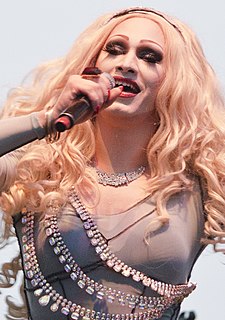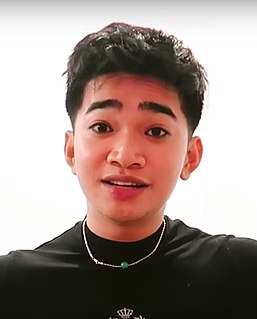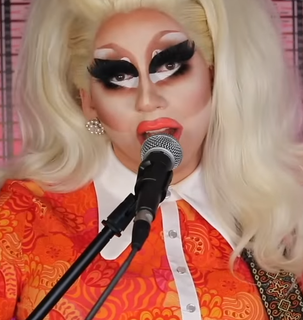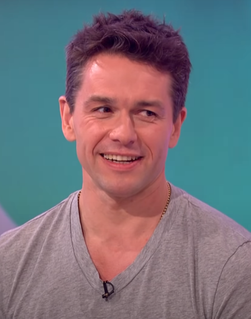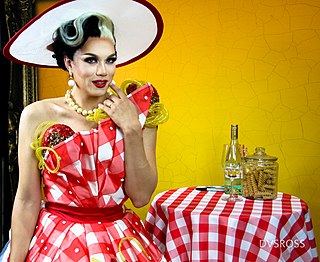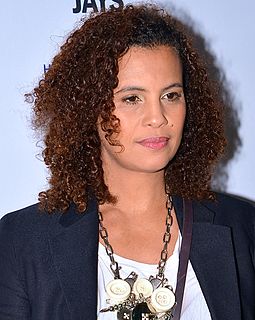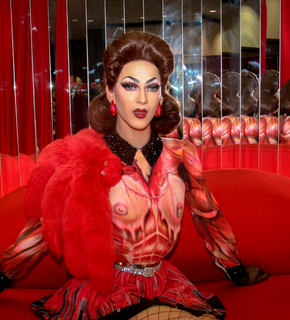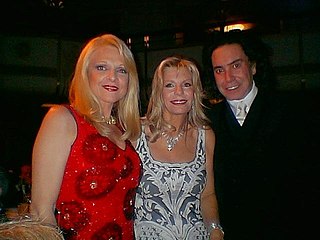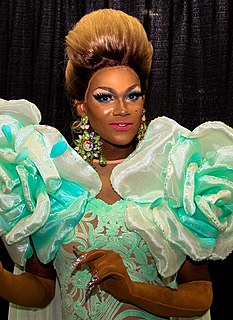A Quote by Jinkx Monsoon
I guess it wasn't really part of my story on 'Drag Race' but I'm a trained actor and singer.
Related Quotes
How do you say one actor is better than another actor? You can definitely say that in the Olympics if it's the same race and someone wins the race. The only way to really do it and have it be sincere would be if you get all the actors together, and they're all playing the same part, and then you rate which one made you feel the most.
I feel like, if I'm being honest with myself, my biggest skill set is as a writer 'cause I can do that quickly and I'm really grounded in story structure. Part of my success as an actor, is that I know story well. Part of my success as a director, is how well I know story. Same thing, as a producer. It all begins and ends with me as a story creator. But, I love doing it all.
We love trans women; all of us know that drag wouldn't be an art form without trans women. I know that, RuPaul knows that, everybody in the gay community knows that. Trans women have always been a part of and the face of drag. And I can guarantee trans women will always be a part of 'RuPaul's Drag Race.'
